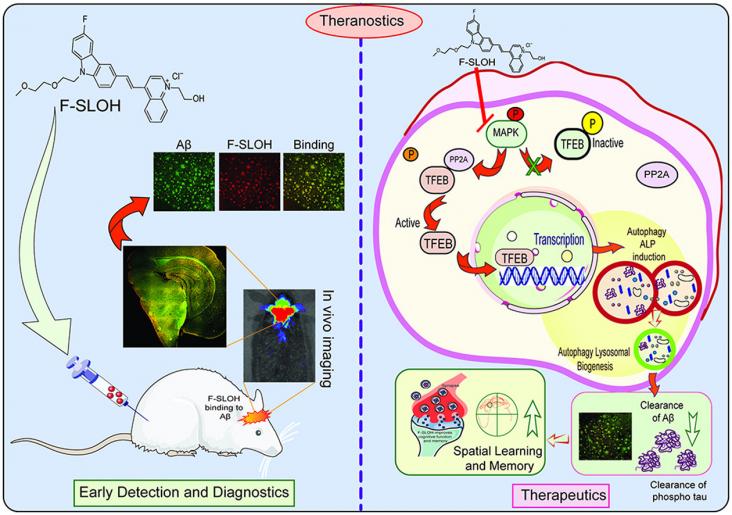While there is much research on men's mental health and sport, there has been less focus on women's gendered experiences of mental health and sport.

This paper reveals effective etiological capabilities of theranostic F-SLOH to target and intervene multiple neuropathological changes in AD mouse models. Therefore, F-SLOH demonstrates tremendous therapeutic potential for treating AD in its early stage.
This study examines the impact of adverse childhood experiences on the mental health of older adults and explores the role of physical and cognitive functions as mediators. It also finds that the number of children moderates the relationship, with ACEs having a stronger effect on mental health for older adults with fewer children.
A study in Osaka, Japan, investigated social support's effect on mental health across different age groups. The study suggests prioritizing neighbourly support in mental health interventions for the pre-old population.
Elsevier,
Translational Autoimmunity, Autoimmune Diseases in Different Organs, Volume 4 in Translational Immunology, 2022, Pages 309-331
This chapter aligns with the SDG goal 3 of good health and wellbeing by examining current efforts to treat patients who do not adequately respond to standard immunosuppressive treatments as well as to find novel noninvasive biomarkers that can reliably substitute liver histology in assessing liver fibrosis and in predicting hard long-term outcomes.
In the past decade, mental health is embedded in the concept of health and teachers’ mental health has become the focus of surveys.
A Comment in support of SDGs 3 and 5, highlighting that comprehensive abortion care is an integral component of sexual and reproductive health that that saves women's lives and safeguards their dignity and bodily autonomy.
A viewpoint, in support of SDGs 3 and 10, discussing the general neglect within global health scholarship of the intersection between health inequities and LGBT+ populations in low-income and middle-income countries in Africa.
Background: Community participation has the potential to improve the effects of interventions and reduce inequalities in child growth.
This Article supports SDGs 3 and 16 by quantifying mortality risk after a dementia diagnosis, focusing specifically on differences across race and ethnicity. The authors discuss the implications for financial and health services planning, as well as quality of life.
